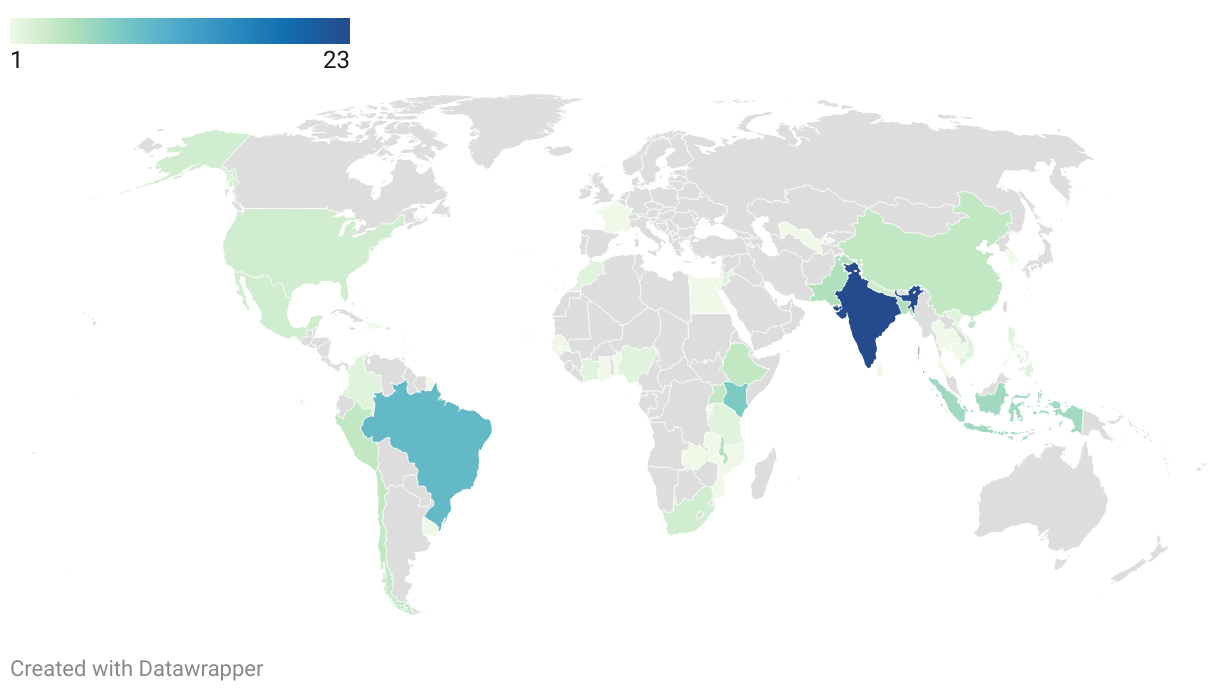Bravo to Senators Bob Corker (R-Tenn.) and Chris Coons (D-Del.) for trying to free international food aid from the 1950s-era practices that cost lives and waste taxpayer dollars. According to the press release announcing the Food for Peace Reform Act of 2014 (S. 2421), the US Agency for International Development could reach up to 9 million more needy people with the flexibility that the act provides to deliver food aid in whatever form makes the most sense. In some cases that could mean delivering food purchased in the United States, while in other cases local or regional purchases would be more effective. In still others, the best way to meet the nutritional needs of hungry people would be through the provision of cash transfers or vouchers. For food shipped by ocean, the bill would remove cargo preference requirements that are costly in terms of time and money. Finally, the legislation introduced by Senators Corker and Coons would eliminate the incredibly inefficient monetization process, whereby the US government buys food domestically and then donates it to development partners that sell it in developing countries to raise money for their projects.
We all know that budgets are tight these days, and that the need for emergency aid is growing because of conflicts in Syria, South Sudan, and elsewhere. Increasing the efficiency of US food aid delivery is good stewardship of taxpayer dollars. Reform also would allow food assistance to get to those who need it far more quickly in the wake of disasters like the typhoon that hit the Philippines last year—disasters that scientists predict will be more common with climate change. So this kind of reform should be as popular as motherhood and apple pie, right?
Not according to at least one interest group benefiting from the current system. The maritime industry not only opposes cargo preference reform, it wants to up the ante. Industry lobbyists managed to get a last-minute provision into a Coast Guard reauthorization bill that would increase the subsidy to shippers at the expense of hungry people. The provision, which has nothing to do with the Coast Guard, would raise the share of food aid that has to be shipped on US-flagged vessels from 50 percent to 75 percent, reducing the value of food aid and increasing its cost to taxpayers. The reauthorization bill passed the House by voice vote and my guess is that many members were unaware this provision was included. Fortunately, folks at Oxfam America, Bread for the World, and other advocacy groups intercepted the sneak attack and have launched a stout defense against the cargo provision in the Senate and with the public.
Development advocates are now fighting a two-front war. The new farm bill took some positive steps on food aid reform, particularly on reducing the need for monetization to deliver nonemergency food aid. President Obama’s FY 2015 budget proposed to build on that by removing the in-kind and cargo preference requirements for 25 percent of emergency aid. And, perhaps the disinfectant of sunshine will be enough to defeat the effort to backslide on cargo preference requirements for food aid. Of course it is seldom that easy when powerful interests are involved. So, the fight for food aid continues and the ambitious legislation from Senators Corker and Coons is a welcome weapon in the effort.
Disclaimer
CGD blog posts reflect the views of the authors, drawing on prior research and experience in their areas of expertise. CGD is a nonpartisan, independent organization and does not take institutional positions.





